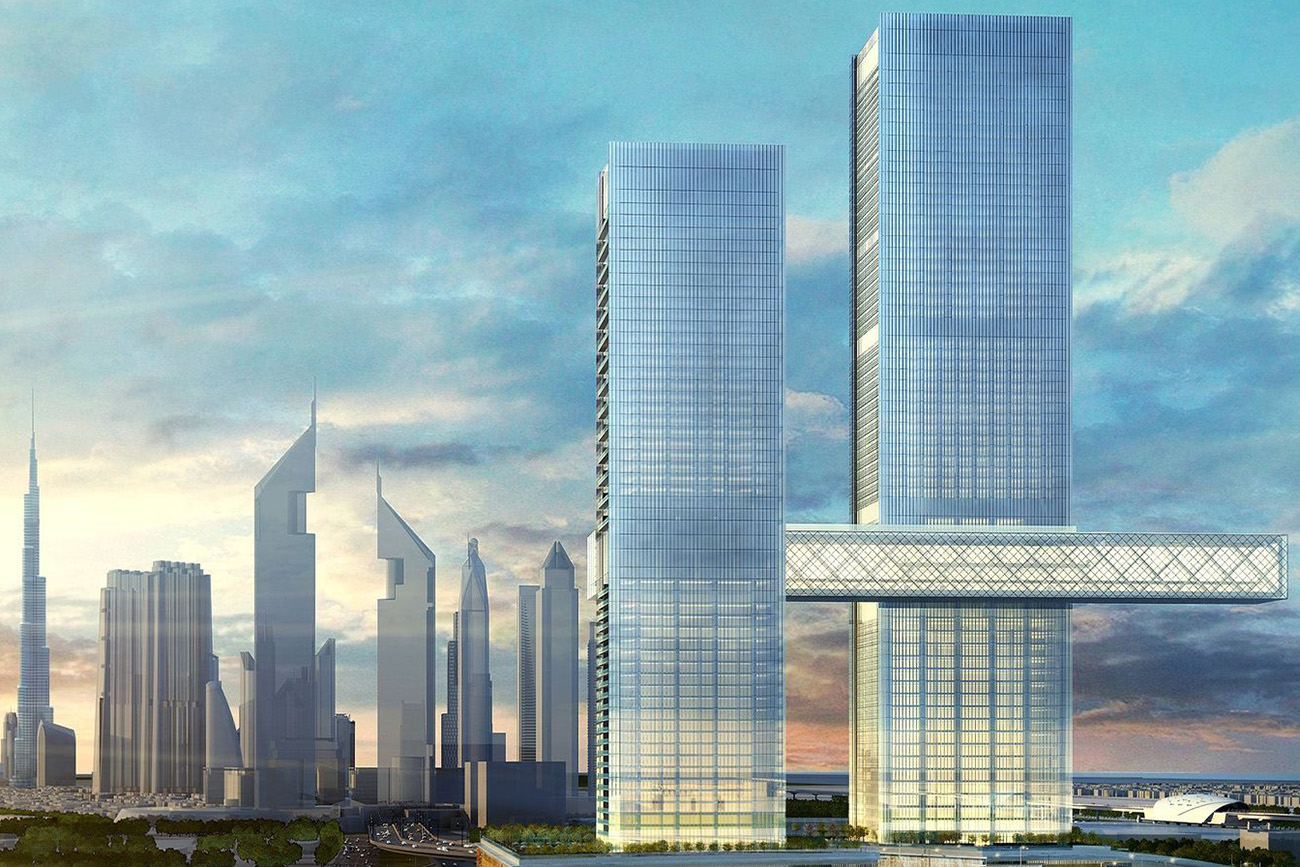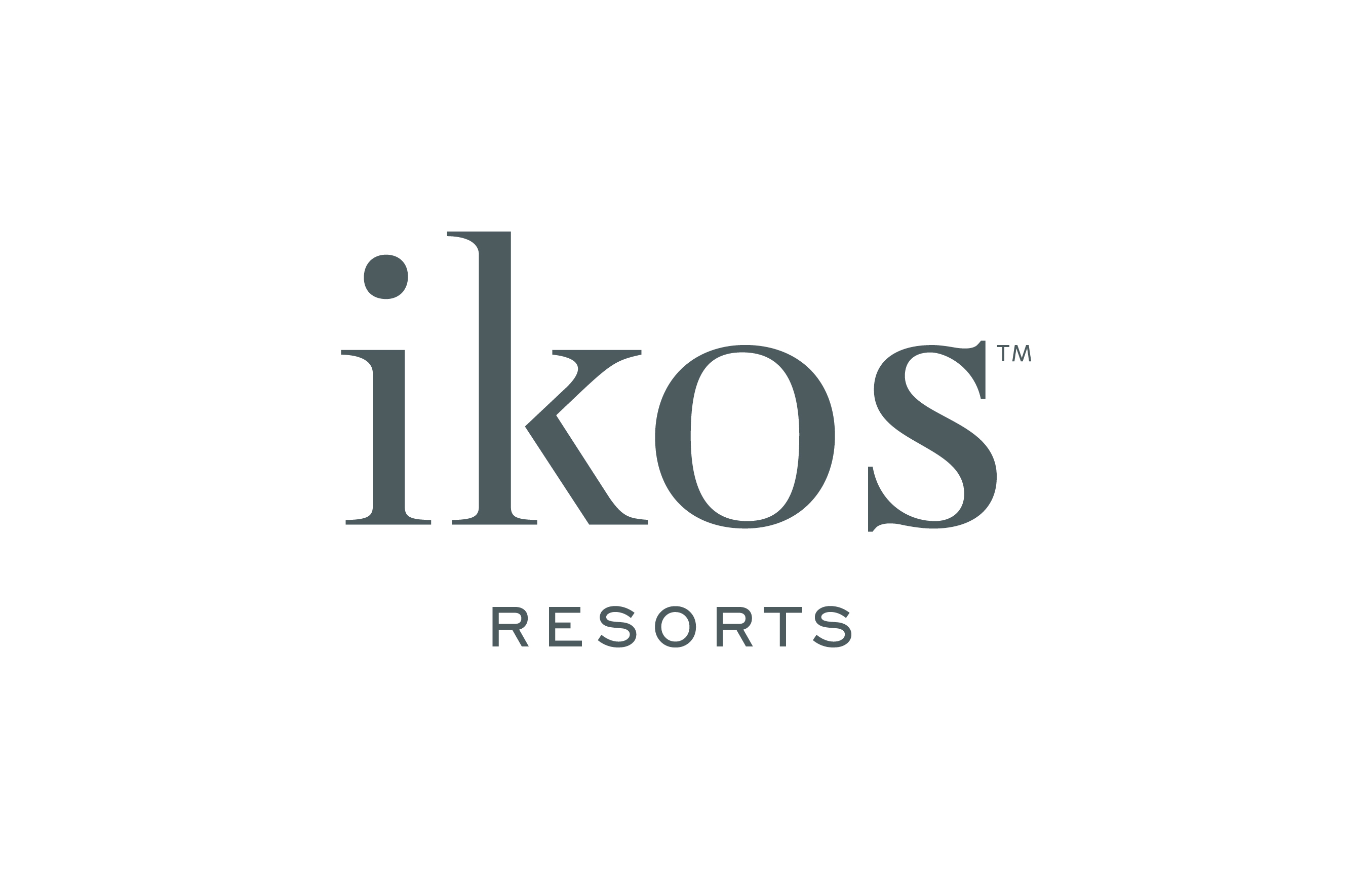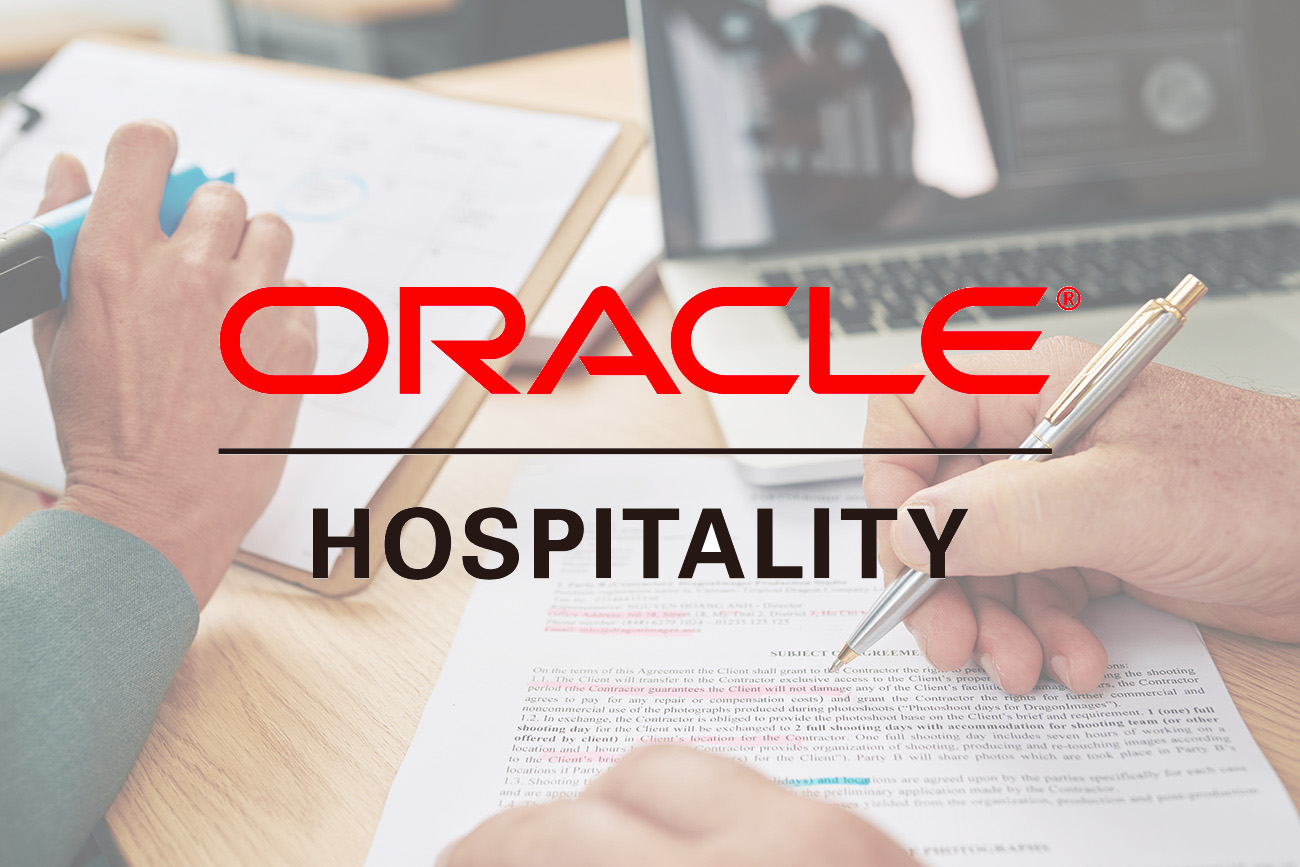The shopping season encouraged by Black Friday and Cyber Monday has begun once again across all commercial sectors, including the hotel industry. And while these are festive dates to be filled with celebration and exciting holidays to be booked, Black Friday and Cyber Monday pose a perfect storm for cybercriminals.
Cybersecurity risks in hotel deals
Hotels offer interesting deals that attract thousands of online customers, excited by low prices or large discounts. This increased digital footprint presents a broader target for scammers and cybercriminals, who take advantage of the lack of cybersecurity awareness of the majority of the population. From phishing attempts to the creation of fake websites that imitate the official ones of hotel groups, and cyber-attacks, these criminals leverage the frenzy and the lowered guard of both, customers, and hotels.
In this sense, and in order of incidence, phishing scams are a predominant concern during these dates in the hotel industry. Cybercriminals design fraudulent emails that appear legitimate at first glance, imitating hotel offers, and thus inciting unsuspecting customers to disclose their personal and financial information under the guise of attractive deals. On the other hand, this risk is aggravated by the appearance of fake websites, created in the image of official ones to resemble legitimate hotel reservation platforms. These deceptive sites trap customers, tricking them into sharing sensitive data, including login credentials and credit card details.
Additionally, the high volume of transactions during these peak sales periods makes hotels especially susceptible to payment fraud. Fraudsters are taking advantage of the busy environment to conduct a variety of fraudulent activities, ranging from unauthorized transactions to more sophisticated financial scams. On top of it, the risk of data breaches increases significantly as hotels handle a greater number of transactions and, consequently, store a greater amount of customer data. This accumulation of confidential information, if not meticulously protected, becomes a lucrative target for cybercriminals and represents a serious threat to both customer security and the integrity of the hotel.
The confluence and domino effect of phishing scams, the creation of fake websites, vulnerability to payment fraud and the increased risk of data breaches outlines the critical cybersecurity challenges hotels must address during these times.
Cybersecurity challenges for hotels
But impact of cyber threats extends beyond immediate financial loss. In the hospitality industry, where trust is the cornerstone of customer relationships, the repercussions of a cyberattack on a hotel’s systems and its customers extend far beyond immediate financial losses. For instance, a single data breach can cause serious damage to a hotel’s reputation, undermining years of customer trust and loyalty in a matter of days, or even hours. This erosion of trust can lead to a tangible decline in future business as customers seek accommodation providers that they perceive as more secure or at least proactive about protecting their data.
On the other hand, beyond reputational damage, cyberattacks represent a significant threat to the proper functioning of hotel operations. These have the potential to alter critical aspects of hotel management, from reservation systems to customer service, harming the functionality of the hotel and its ability to offer the expected services levels, or even alter the volume of billing due to a disruption of digital payments or reservation channels. This not only impacts current operations, but can also have lasting effects on customer satisfaction and operational efficiency.
Additionally, the legal and compliance ramifications of data breaches in the hospitality industry cannot be underestimated. With strict data protection laws in many jurisdictions such as the European Union and the United States, hotels are required to diligently protect customer information. Failure to do so would result in a violation that can have substantial legal consequences, including large fines and strict regulatory scrutiny. These legal challenges not only drain financial resources, but also require significant time and effort to address, diverting attention from the hotel’s core hospitality functions.
The Importance of robust cybersecurity
In essence, the trifecta of reputational damage, operational disruptions, and legal and compliance issues underscores the critical importance of robust cybersecurity measures in the hospitality industry, especially during high-traffic periods like Black Friday and Cyber Monday.
With also Christmas just around the corner, the month of December should be observed with caution and from a good practices mentality, so that the hotel business continues to grow and safety levels for customers are ensured.
At Mastel Hospitality Cybersecurity, we are committed to helping you and your hotel develop the defence mechanisms that guarantee security and business growth, not only now, but all year long.
Marta de Zavala
Director of Cybersecurity




